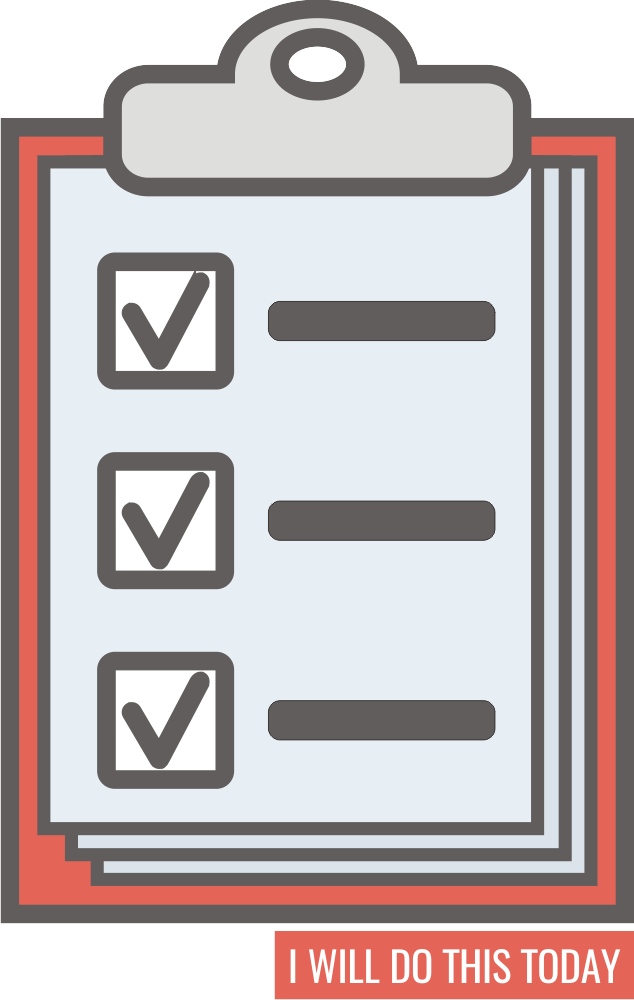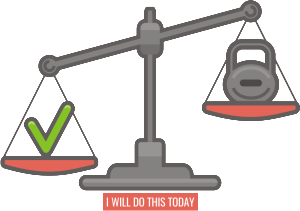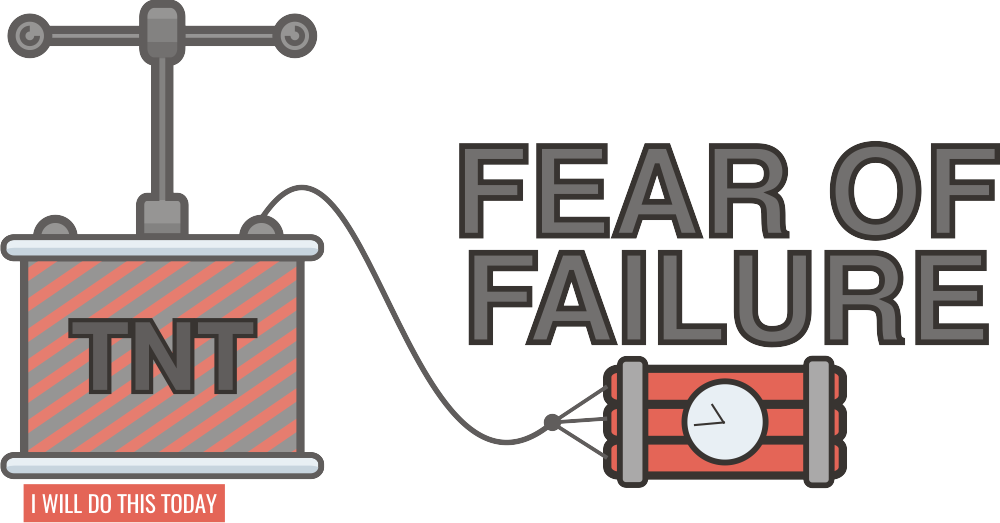How To Be Accountable In 7 Steps
Often times we find ourselves fighting fires, arguing over who committed to what, why it didn’t happen, and noticing things that fell through the cracks in just enough time so that we can take some remedy action and execute them. But the action we take is just to make things normal again – until the next time.
Why does this happen when we work so hard to make sure we keep up with everything? Well, this might be true, but we don’t hold ourselves accountable – we simply don’t want to admit that some things are really our responsibility until the last moment possible.
What Is Accountability?
 Someone who is accountable is completely responsible for what they do and must be able to give a satisfactory reason for it. In other words, by becoming accountable to ourselves, we are responsible for the actions we take and the choices we make.
Someone who is accountable is completely responsible for what they do and must be able to give a satisfactory reason for it. In other words, by becoming accountable to ourselves, we are responsible for the actions we take and the choices we make.
Why people struggle with it?
Well, there is the fear of failure. According to Mills-Scofield, we have been conditioned to know that failure is simply the worst – ever since we were kids. So little by little, we grow up being fearful to try new things, fail and learn from our mistakes. Moreover, we are fearful to take the responsibility to do what we know we should because it will be good for us in one way or another.
Accountability means giving our word and putting our reputation on the line.
There is someone who counts on us and this can simply feel too overwhelming. It is just too much on its own, let alone when you start to think about the bigger picture and all the things you have to do every day.
Lack of commitment is another problem. As Mills-Scofield points out, maybe we are don’t believe that the request is that important to change our priorities. Or perhaps, we don’t trust another person to keep their promise to us.
 Think about it, in business, if your client keeps changing their mind all the time, then it is hard to commit working with them and delivering the right results. For one, you are just tired of changing your own plans associated with that. Two, you learn to anticipate change, so why do it in the first place.
Think about it, in business, if your client keeps changing their mind all the time, then it is hard to commit working with them and delivering the right results. For one, you are just tired of changing your own plans associated with that. Two, you learn to anticipate change, so why do it in the first place.
Imagine now that you are the client – would you keep your promise to that other person?
Would you like to deliver the results every time?
Yes, being responsible is an important part of life – this is how we grow and move forward.
Why Is Accountability Important?
“I can take my time, and if I’m lucky, I can get you to wonder who to blame.”
We know too well what happens when we fail to achieve our tasks – we feel bad, under-appreciated, fail to move forward in our careers… or it can be about things much simpler than that, such not taking care of household work and letting it bother you for a long time.
“Everyone wants to be a leader. However, few are prepared to accept the accountability that goes with it. But you can’t have one without the other. They are two sides of the same coin.”
Michael Hyatt
You take responsibility and you don’t blame other, the environment or whatever else for not making it on time. If you want to be a leader you understand your mistakes and take actions to improve.
That is why it is important that you take responsibility and do what you said you will.
But also learn from those experiences when you did particularly well and got good results. Analyze what made you successful. What actions did you take to achieve the result you wanted?
What Are The Best Tips For Being Accountable?
According to Mills-Scofield, you need to incorporate a certain type of culture. This is what works best for businesses as well.
1. Communicate
 Why is the task important? What is the end result that you are after? What specific actions are you willing to take to ensure the job is done? If there is another party involved – what is it that they need to do to ensure success. You need to believe that what you do serves an important reason and will help you achieve a desired goal.
Why is the task important? What is the end result that you are after? What specific actions are you willing to take to ensure the job is done? If there is another party involved – what is it that they need to do to ensure success. You need to believe that what you do serves an important reason and will help you achieve a desired goal.
 2. Be present
2. Be present
Obviously, you need to commit to being there when needed. You will also need to remove any obstacles that prevent you from achieving your goals.
0
 3. Prioritize
3. Prioritize
Prioritize your responsibilities and objectives to ensure that you are on the right track and that what you do is important and that it will bring you success. When you commit to doing something – set a due date and make sure you complete the task by the date.
Click here to learn how to prioritize.
0
 4.Don’t fall off the wagon if you fail to be accountable
4.Don’t fall off the wagon if you fail to be accountable
It will happen even to the best among us – sometimes you will not be able to perform the task in due time. The important part is not to give up on it. Just reevaluate what needs to be done and remind yourself why it is important. Most importantly – learn from the experience. Look at it this way –
if you learn from it, then how can it be a failure – you are already a step ahead because you know what not to do the next time.
 5. Destroy the fear of failure
5. Destroy the fear of failure
Following up, you probably know by now that failure is nothing, but an opportunity to try again.
Even if you do not reach your goal, the process will have a huge impact on your confidence and will help you be accountable in the future.
 6. Set up an award system
6. Set up an award system
Don’t forget to reward yourself for the successes you have. The reason you achieved them is exactly because you were accountable – you took action when you were supposed to.
 7.Start small
7.Start small
Being accountable doesn’t mean that you must take huge responsibilities and it only applies to those. Sometimes it will be about the little tasks you need to do. That is why at IWillDoThisToday I want you to commit to one small task that you can perform ideally in 24h or less.
References
1. Thomas E. Ricks – What Ever Happened to Accountability?
2. Deborah Mills-Scofield – Let’s Bring Back Accountability
3. Chris Marr – Stand up and be Counted
4. Stella Garber – All About Accountability: Strategies For Being Resolute In Your Resolutions
5. Seth Godin – Urgency and accountability are two sides of the innovation coin
6. Tibor Shanto – Accountability – The Missing Link In Sales
7. Darren Overfield and Rob Kaiser – One Out of Every Two Managers Is Terrible at Accountability
8. Joseph Grenny – The Best Teams Hold Themselves Accountable
9. Michael Hyatt – How Real Leaders Demonstrate Accountability
10. Paul LaRue – Leadership accountability — a positive, simple approach